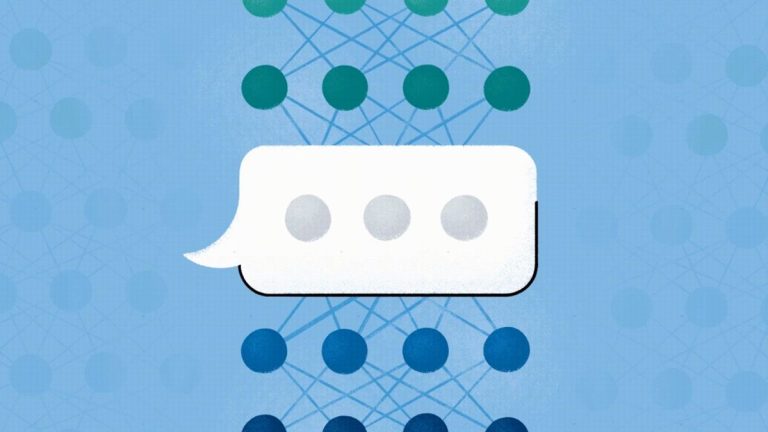Imagine engaging in a conversation where every response is carefully considered, free of bias and endlessly informative. This is the promise of Meta’s latest project, BlenderBot, which has been released to the public. But the path to truly ethical artificial intelligence (AI) is fraught with challenges, and Meta invites you, the user, to be part of the solution.
The Dawn of Public Participation in AI Development
In an unprecedented move, Meta opened the door for everyday users to interact with BlenderBot, a conversational AI designed to learn from every interaction. This initiative isn’t just about refining the bot’s ability to chat; it’s a call to arms to the public to help sculpt an AI that aligns with societal norms and values. Users are encouraged to report any inappropriate responses, helping Meta reduce the bot’s potential to generate offensive content. However, this comes with a caveat: participants must consent to data collection, a necessary step that allows their conversations and comments to be used in the broader research community. AI.
Finding a Balance: Innovation and Ethical Concerns
Releasing BlenderBot into the wild is a delicate balancing act between fostering innovation and resolving the ethical dilemmas posed by AI. The initiative follows President Biden’s Executive Order on Safe and Trustworthy AI Development, which highlights the need for public consultation when developing AI development policies. The open nature of BlenderBot’s data collection aims to democratize AI research, offering insights that could lead to more transparent, safer, and more ethical AI models. However, this openness also raises concerns about privacy and possible misuse of AI, highlighting the need for strong safeguards and ethical guidelines in AI development.
Reinventing human-AI collaboration
The interaction between humans and AI is not just about technology; it’s about shaping the future of creativity, collaboration and problem-solving. Studies, such as one exploring creative writers’ interaction with AI-powered writing tools, reveal that AI can influence the creative process, sometimes even diminishing the sense of ownership of the ideas produced. Yet, by involving the public in the development process, Meta is exploring new territories in human-AI collaboration. The feedback loop created by BlenderBot’s interactions with audiences serves as a foundation for understanding how AI can reflect human values and ethics, steering the conversation toward a future where AI acts as a collaborative partner rather than as a simple tool.
As we stand at the dawn of a new era in AI development, the success of projects like BlenderBot depends on our willingness to participate in these conversations. The path to ethical AI is complex, but with every interaction and feedback, we get closer to creating an AI that not only understands us, but also embodies our collective aspirations for a fairer and more digital world. inclusive.


